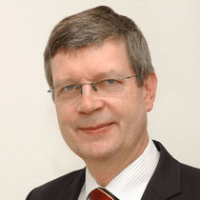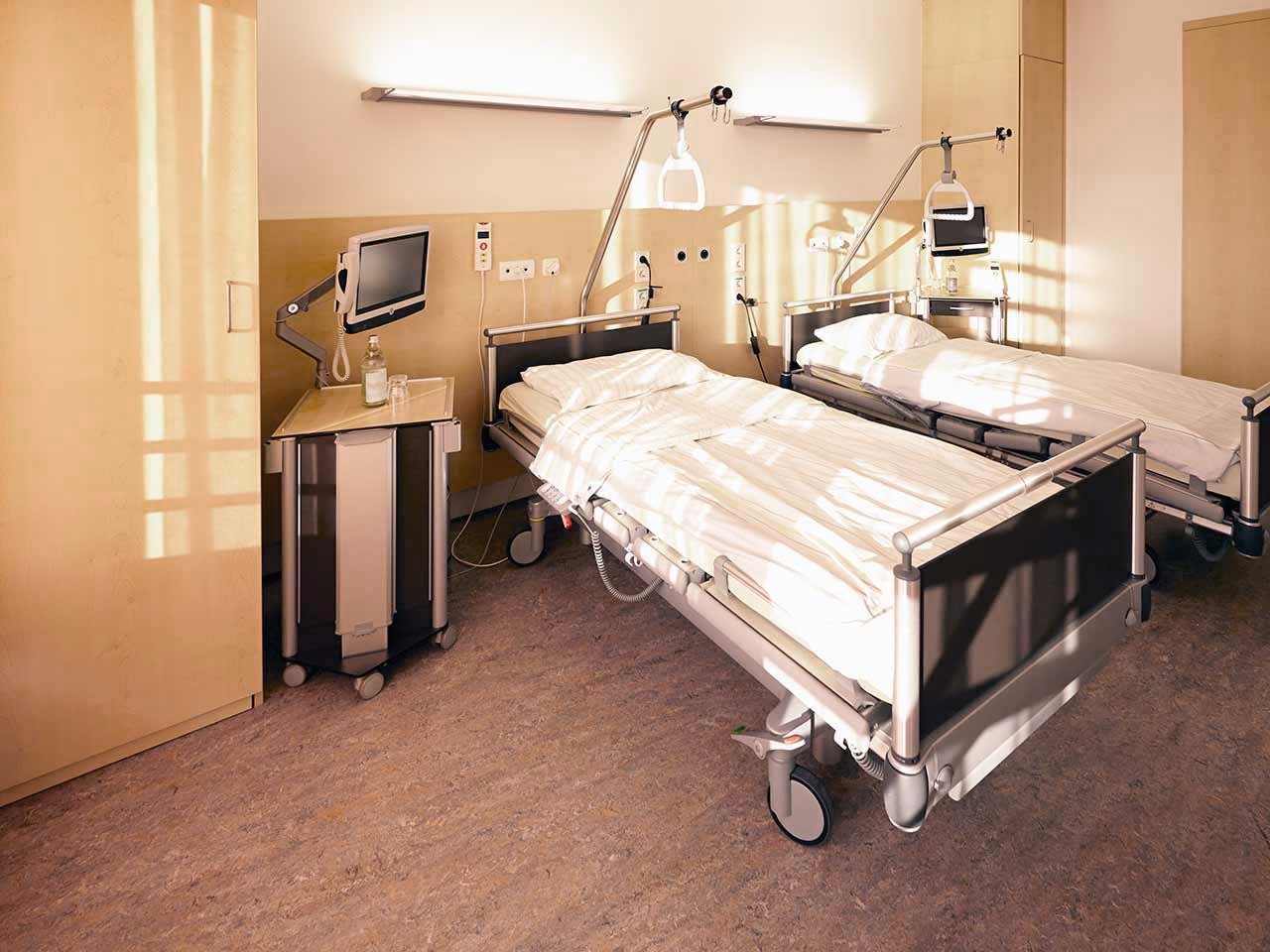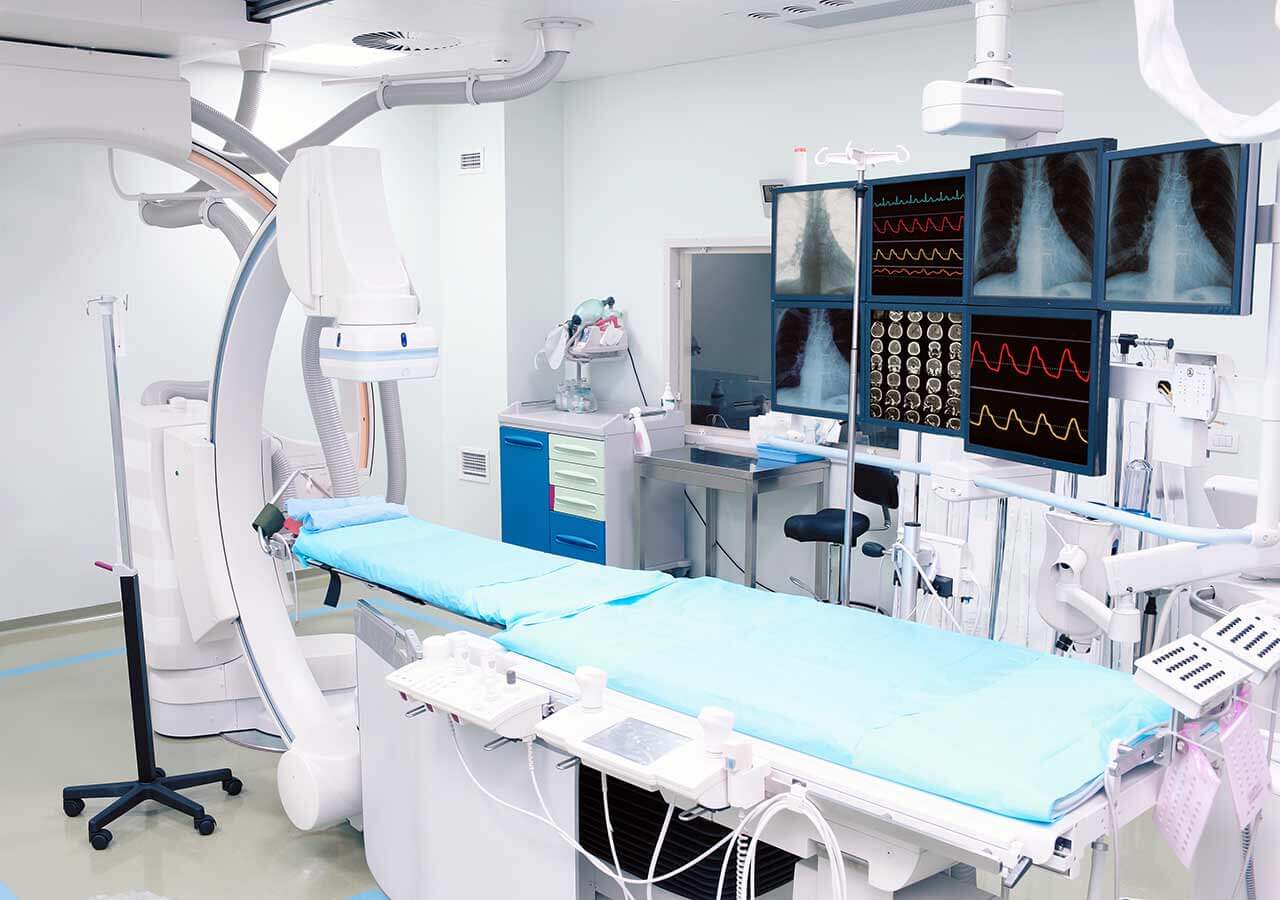
The program includes:
- Initial presentation in the clinic
- clinical history taking
- review of medical records
- physical examination
- dermatological skin examination
- laboratory tests:
- complete blood count
- biochemical analysis of blood
- inflammation indicators (CRP, ESR)
- tests for bacterial and fungal culture
- sebum secretion analysis
- differential diagnosis of other diseases of the skin
- nursing services
- consultation of related specialists
- treatment by chief physician and all leading experts
- explanation of individual treatment plan
Required documents
- Medical records
- Photo of the affected area(s) from different angles
Service
You may also book:
 BookingHealth Price from:
BookingHealth Price from:
About the department
The Department of Dermatology at the University Hospital Jena offers the full range of diagnostics and treatment for patients with various skin diseases, including rare and severe types, as well as with allergic reactions and sexually transmitted diseases. The treatment is provided both on an inpatient and outpatient basis. In addition, the department has a specialized Skin Cancer Center (certified by the German Cancer Society) and the Hives Center. The department is proud of its successful clinical practice, which has been conducted for more than 100 years, providing patients with the first-class medical care. The department is headed by Prof. Dr. med. Peter Elsner.
The department’s priority focus is the treatment of skin cancer. Thanks to the intensive cooperation with the specialists from related fields and numerous external partners, the department provides a wide range of diagnostic and therapeutic opportunities for the treatment of all types of skin cancer at the highest level of modern medicine. Special attention is paid to the treatment of melanoma, squamous cell carcinoma, basal cell carcinoma, as well as rare tumors, such as cutaneous T-cell lymphoma, Merkel cell carcinoma and many others.
The service range of the department includes:
- Diagnostics and treatment of allergic reactions
- Drug allergy and intolerance
- Atopic eczema
- Occupational dermatoses (for example, hand eczema)
- Insect venom allergy (for example bees/wasps)
- Allergies to environmental factors (for example, pollen, house dust mites, etc.)
- Contact allergies (contact allergic reactions to professional substances, cosmetics, drugs, etc.)
- Mastocytosis
- Food allergy
- Photoallergy (sun allergy)
- Urticaria and angioedema
- Prevention, diagnostics and treatment of skin cancer (within the specialized center)
- Diagnostic services
- Dermatoscopy
- Microscopic skin examination using computer systems
- Dermatohistologic and immunohistologic skin examinations
- Ultrasound diagnostics of the skin and lymph nodes
- Sentinel lymph node biopsy
- Imaging techniques (ultrasound examination, X-ray, PET-CT, MRI, CT, scintigraphy, etc.)
- Therapeutic services
- Dermatosurgery
- Plastic and reconstructive surgery
- Photodynamic therapy
- Cryosurgery
- Laser therapy
- Extracorporeal photopheresis
- Immunotherapy
- Antibody therapy
- Targeted therapy
- Chemotherapy (mono- and polychemotherapy)
- Radiation therapy
- Treatment within clinical trials
- Pain therapy
- Palliative care
- Psycho-oncological support
- Diagnostic services
- Diagnostics and treatment of andrological diseases
- Male infertility
- Hypogonadism (testosterone deficiency) in men
- Male contraception
- Male sexual disorders
- Male menopause
- Male breast diseases
- Preservation of fertility in the need for chemotherapy and radiation therapy
- Diagnostics and treatment of autoimmune diseases
- Systemic lupus erythematosus
- Systemic scleroderma
- Vasculitis
- Pemphigus
- Photodermatology
- Dermatohistology
- Aesthetic dermatosurgery
- Aesthetic dermatology
- Diagnostics and treatment of severe types of atopic eczema
- Diagnostics and treatment of rare inflammatory dermatoses
- Muckle-Wells syndrome
- Cutaneous amyloidosis
- Cutaneous pseudolymphoma
- Necrobiosis lipoidica
- Necrobiotic xanthogranuloma
- Porokeratosis
- Diagnostics and treatment of chronic wounds
- Diagnostics and treatment of rare skin diseases
- Acrokeratosis paraneoplastica of Bazex
- Benign symmetric lipomatosis (Launois-Bensaude syndrome)
- Buschke-Ollendorff syndrome
- Wells syndrome (eosinophilic cellulitis)
- Eosinophilic granuloma of the face
- Contact allergies to rare allergens
- Cutaneous amyloidosis
- Other rare skin pathologies
- Other medical services
Curriculum vitae
Prof. Dr. med. Peter Elsner studied medicine at the Julius Maximilian University of Würzburg (1974 - 1981). After serving as a Military Physician, he was a resident in Dermatology and Allergology at the Department of Dermatology of the University Hospital Würzburg. In 1987, he received board certification as a Specialist for Dermatology and completed his habilitation thesis as a Lecturer. Between 1988 and 1989 he worked as a Visiting Research Dermatologist at the Department of Dermatology, UCSF, San Francisco (USA). From 1991 to 1996, he worked as a Consultant and Professor in the Department of Dermatology at the University Hospital Zurich, Switzerland. In 1997 he accepted the position as a Professor of Dermatology at Friedrich Schiller University Jena, Germany. Professor Elsner published more than 600 scientific papers and is the author of more than 20 books. His main research fields of interest include contact dermatitis, epidemiology and toxicology of dermatologic disorders, as well as non-invasive measurement methods in dermatology. He is member of numerous scientific associations, Member of the Board of the German Society of Dermatology and Past Chairman of the Working Group for Occupational and Environmental Dermatology of the German Society of Dermatology.
Photo of the doctor: (c) Universitätsklinikum Jena
About hospital
According to the prestigious Focus magazine, the University Hospital Jena regularly ranks among the top German medical facilities!
The hospital has positioned itself as a multidisciplinary medical facility with a long history of more than 200 years. Since its foundation, the hospital has been constantly developing and modernizing, thanks to which nowadays it offers patients the highest level of treatment in Germany based on the use of innovative technologies and the very latest therapeutic techniques. The hospital consists of 26 specialized departments and 25 research institutes. It treats more than 53,600 inpatients and about 274,000 outpatients every year. The staff of the hospital includes more than 5,600 competent doctors.
The extensive resources of the university hospital, high treatment standards, and the introduction of new research developments provide first-class treatment in Germany meeting the stringent international standards. The hospital has an excellent reputation not only in Germany, but also far beyond its borders, due to which it accepts a large number of foreign patients for the diagnostics and treatment.
Despite the technical progress and the availability of accurate computerized systems, the patient’s physical health and emotional state is the main value of each employee of the hospital, since some diagnoses cause emotional distress in patients. The doctors of the hospital believe that the key to a successful result is a comprehensive and individual approach, so they spend a lot of time talking with patients, listen carefully to all their wishes and support at all stages of the therapeutic process. All this in combination with high-precision diagnostic techniques and the very latest types of therapy forms a solid basis for the achievement of an optimal treatment result.
Photo: (c) depositphotos
Accommodation in hospital
Patients rooms
The patients of the University Hospital Jena live in comfortable single and double rooms made in a modern design. Each patient room is equipped with an ensuite bathroom with shower and toilet. The room has enough space to store personal belongings, as well as a table and chairs for receiving visitors. A bedside table can be converted into a table so that patients can eat right in their bed. Each room has a TV, and there is also access to the Internet. In addition, the hospital offers enhanced-comfort rooms.
Meals and Menus
The patient and his accompanying person have a daily choice of three menus. If for some reason the patient does not eat all the foods, he will be offered an individual menu. Please inform the medical staff about your dietary preferences prior to the treatment.
Further details
Standard rooms include:
Religion
Religious services are available upon request.
Accompanying person
During the inpatient program, an accompanying person may stay with you in a room or at the hotel of your choice.
Hotel
During the outpatient program, you can live at a hotel of your choice. Managers will help you to choose the most suitable options.





